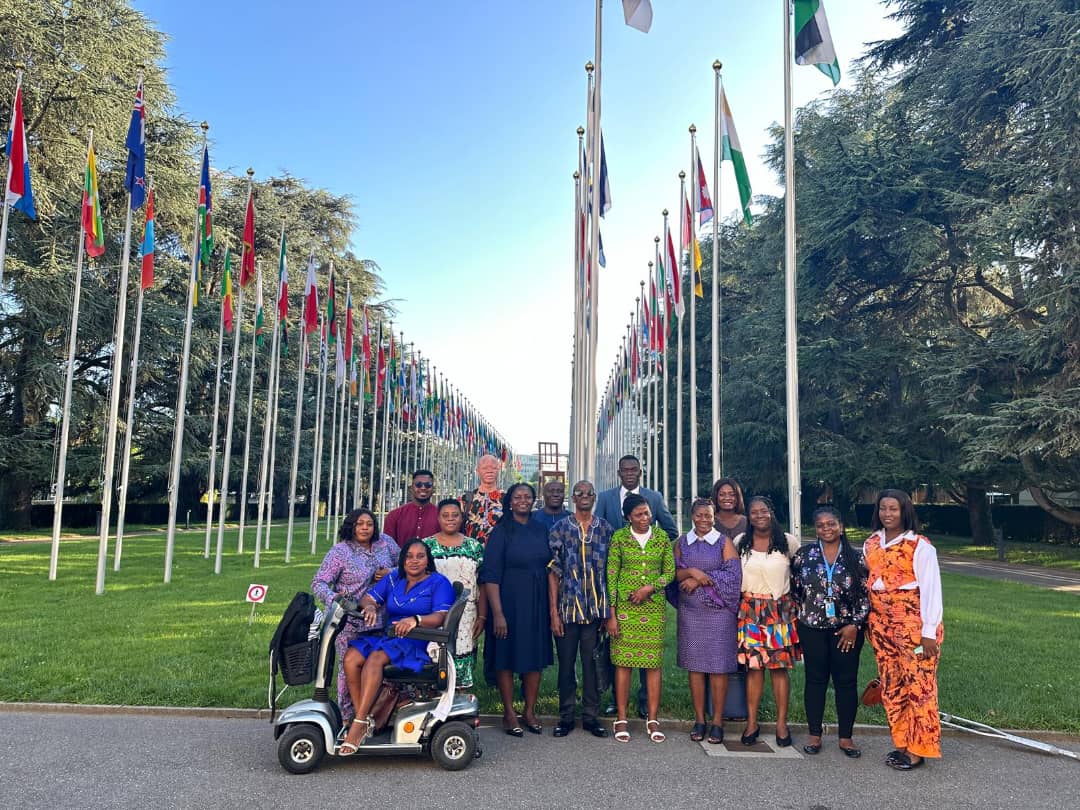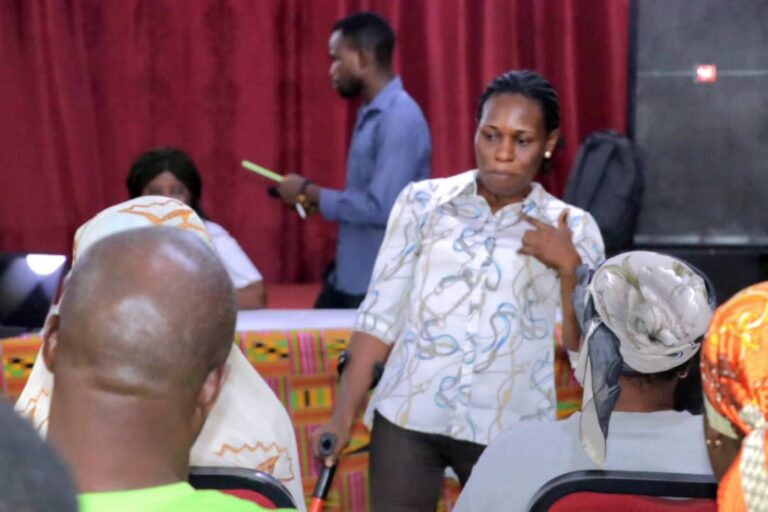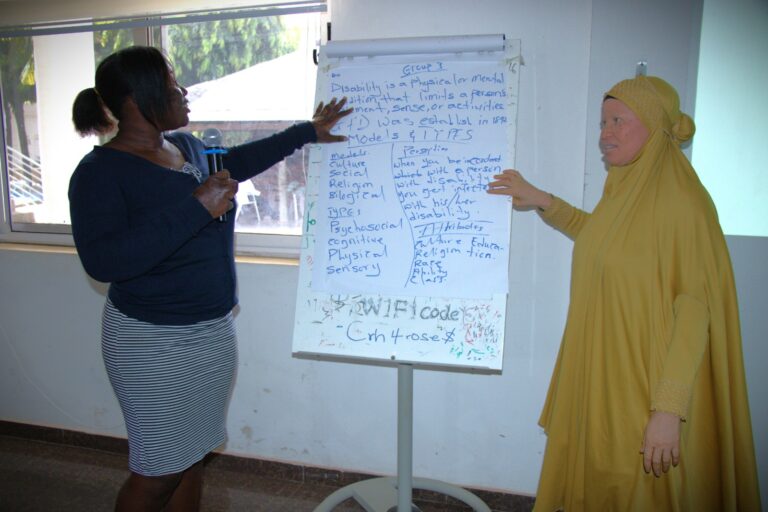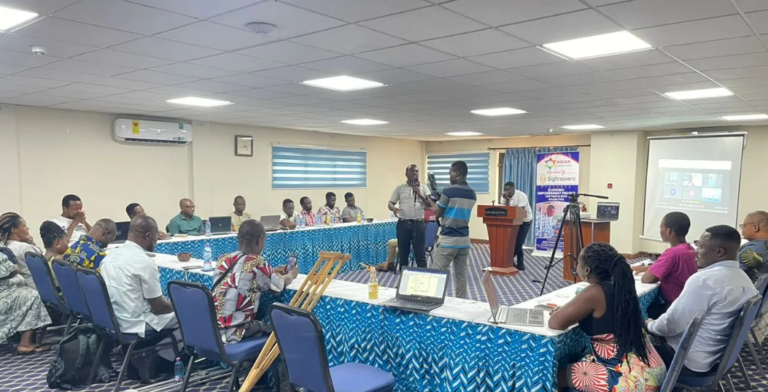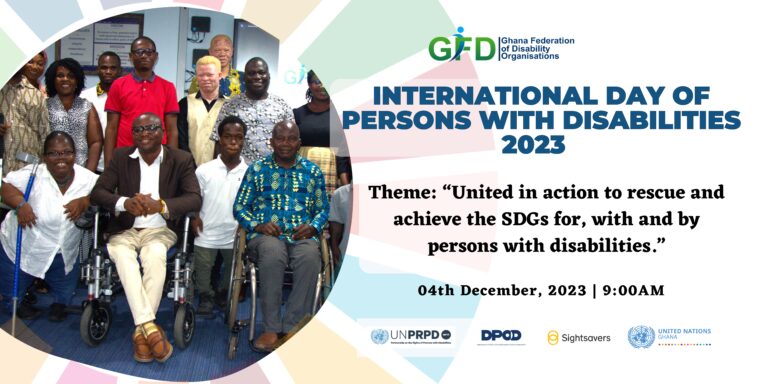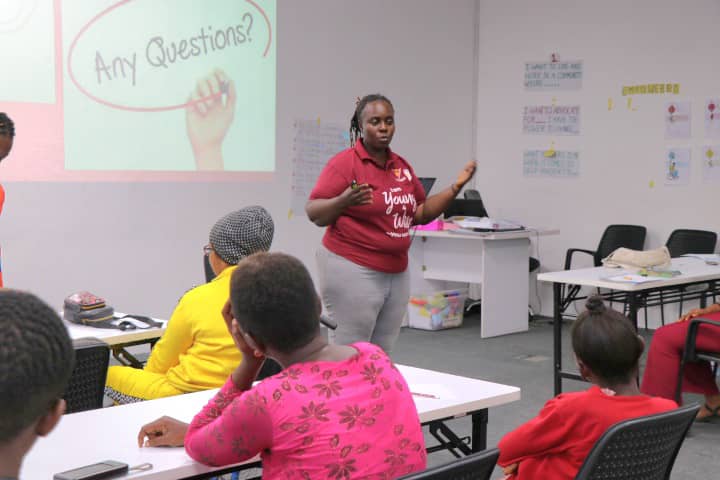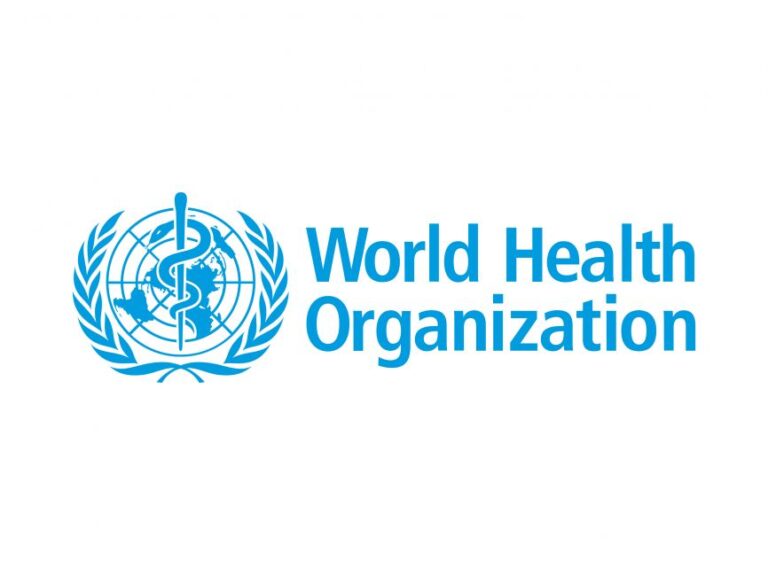Experts of the Committee on the Rights of Persons with Disabilities Commend Ghana on the Participation of Ghanaian Persons with Disabilities Internationally, Raise Questions on Harmful Cultural Practices and the Enactment of the Persons with Disabilities Bill
The Committee on the Rights of Persons with Disabilities today concluded its review of the initial report of Ghana, with Committee Experts commending the State party for the participation of prominent Ghanaian persons with disabilities internationally, while asking questions about how harmful cultural practices impacted persons with disabilities, and the timeline for the enactment of the Persons with Disabilities Bill 2024.
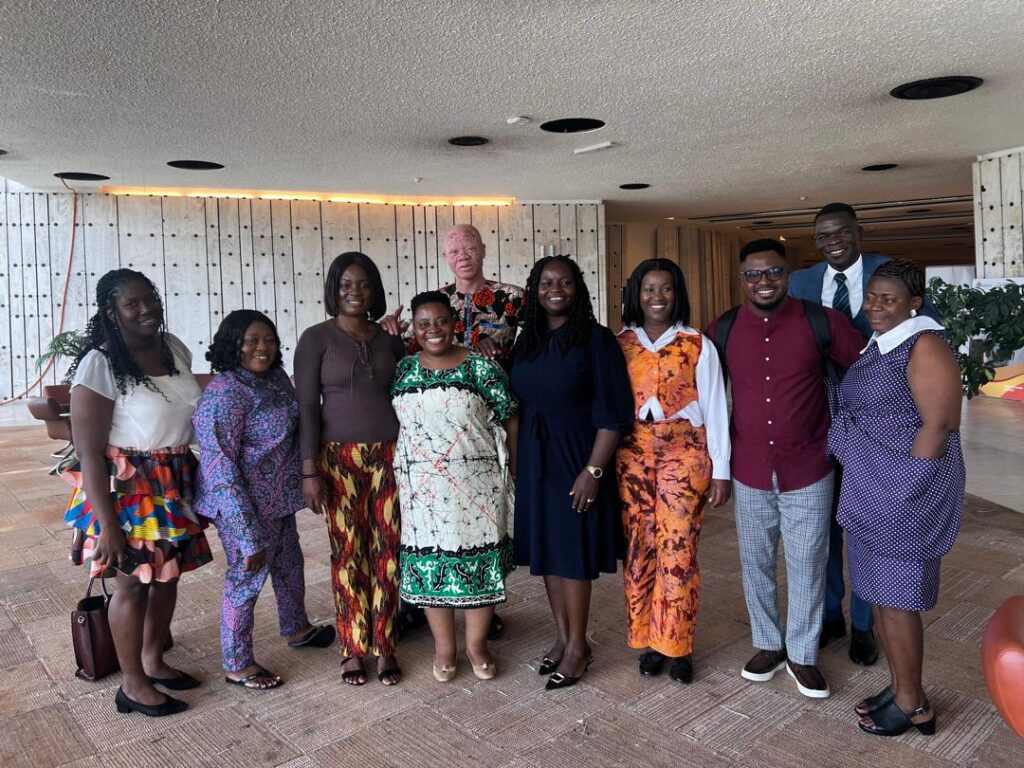
Floyd Morris, Committee Expert and Taskforce Member, said Ghana had done extremely well in producing reputable and prominent Ghanaian persons with disabilities who participated internationally, including the Committee’s Chairperson.
Miyeon Kim, Committee Expert and Taskforce Member, said harmful cultural practices, including the killing of children with disabilities, happened in Ghana. What measures and actions were being undertaken to combat these harmful practices? How did the Government protect those with albinism from violence and discrimination, perpetuated by beliefs in spirit children and other social and cultural norms? What specific actions were being taken to ensure the right to life of persons with disabilities in the country?
Samuel Kabue, Committee Expert and Taskforce Coordinator, said a lot of the issues raised during the dialogue had been associated with the Persons with Disabilities Bill. The Government would be holding elections in three months’ time and a bill that was not completed would be shelved and the process would have to start all over again. What was the exact timeline for the enactment of the bill? Would it be enacted in the next two months?
The delegation said incidents of the killing of children with disabilities were being monitored. There were no cases so far this year that the delegation was aware of. They had heard of such an incident during the preparation of the report and had tried to follow up on it. There was no concrete evidence as such. Community sensitisation programmes were organised to educate community people, including religious leaders, as they had influence within the community. Traditional leaders were sometimes used as agents of change to enable people to comply with the laws of the country.
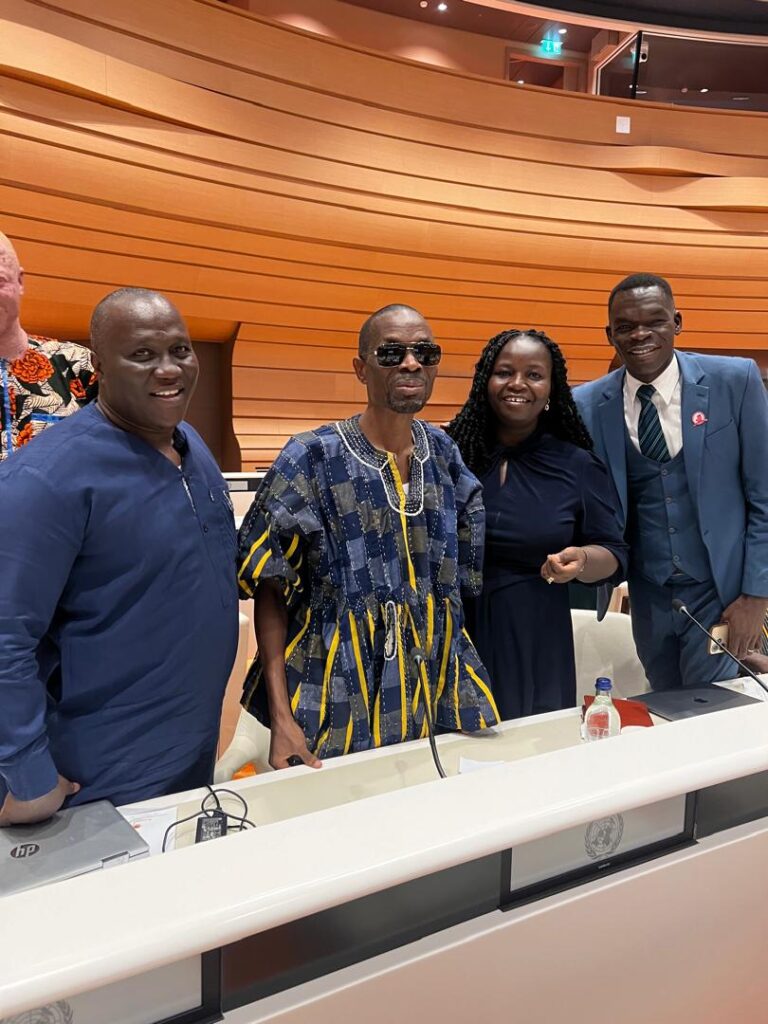
The delegation said Ghana was amending the Persons with Disabilities Act no. 715 to comply with the Convention. Ghana was committed to ensuring that the interest of persons with disabilities was at the centre of the development agenda. The Persons with Disabilities Bill went through certain processes and it would be concluded within the shortest possible time. However, a definite date could not be provided as it needed to go through parliament. As a country, Ghana would do all that was needed to pass the bill.
Dakoa Newman, Minister for Gender, Children and Social Protection of Ghana and head of the delegation, presenting the report, said Ghana was deeply committed to fostering a society where all individuals, including persons with disabilities, could thrive and contribute meaningfully. The country was home to an estimated 2.09 million people with disabilities, representing approximately eight per cent of the population. Ghana was piloting inclusive education in 379 schools in 70 districts. Currently, there were 28 special schools, 24 unit schools, and nine integrated schools in Ghana. The Ministry of Education had taken measures to mainstream special education into the regular system by ensuring the availability of a Ghanaian Sign Language Dictionary, which was currently being used by 850 teachers.
Ghana remained open to any recommendation from the Committee and affirmed the State’s dedication to disability inclusion.
In closing remarks, Ms. Newman expressed gratitude to the Committee for the opportunity to discuss Ghana’s progress in recognising the rights of persons with disabilities. Ghana acknowledged the challenges which remained and reaffirmed unwavering commitment to addressing them. The State was committed to aligning its laws with the Convention and would collaborate with persons with disabilities, civil society and international partners to create inclusive policies.
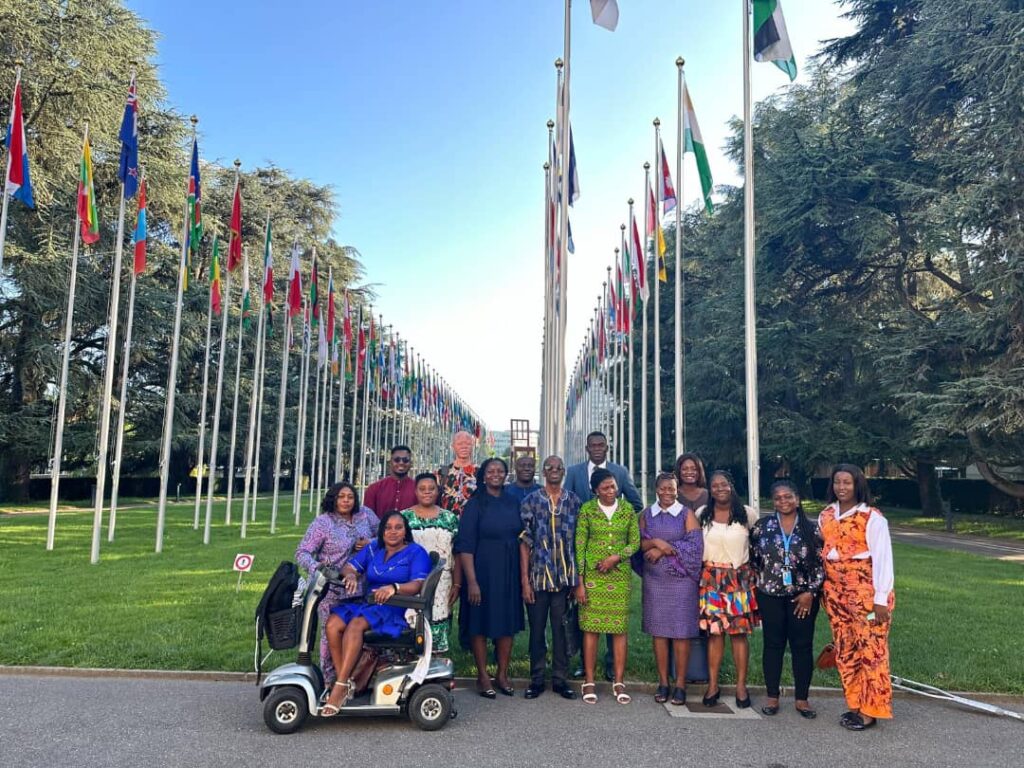
In his concluding remarks, Mr. Kabue thanked the Ghanaian delegation for the dialogue. However, the Committee was concerned that most intentions were based on the Persons with Disabilities Bill whose enactment was indefinite, given that it was only a couple of months before the country would be holding general elections in December, which could mean the process of the bill would be restarted, should the Government change before it was enacted. It was hoped this, among other issues, would be addressed.
The delegation of Ghana was comprised of representatives from the Ministry of Gender, Children and Social Protection; the National Council for Persons with Disabilities; the Office of the Honourable Minister, and the Permanent Mission of Ghana to the United Nations Office at Geneva.
Summaries of the public meetings of the Committee can be found here, while webcasts of the public meetings can be found here. The programme of work of the Committee’s thirty-first session and other documents related to the session can be found here.
The Committee will next meet in public at 3 p.m. on Tuesday, 20 August, to review the initial report of Belarus (CRPD/C/BLR/1).

